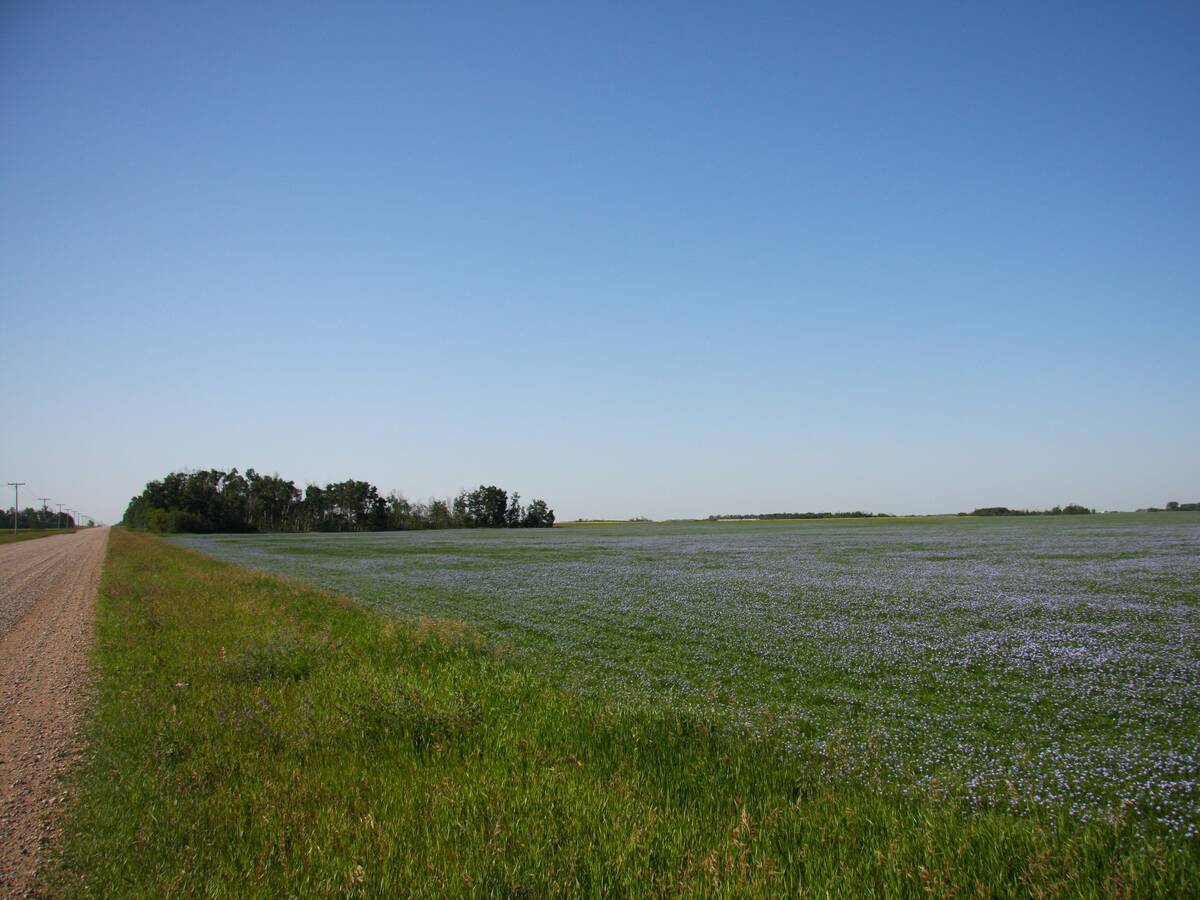Plans to establish a national carbon credit trading system in Canada are creating anxiety in Canada’s agriculture sector.
Delegates at a Canadian Federation of Agriculture meeting in Kelowna, B.C., expressed a variety of concerns over a proposed Canadian trading system, saying elements of the plan discourage farmer participation and offer few financial incentives to agricultural producers.
In particular, delegates suggested that the proposed system largely overlooked past efforts by farmers to reduce carbon dioxide emissions.
They also suggested that Canadian farmers will be shut out of emerging carbon offset markets if the terms of participation are too restrictive.
Read Also

Farmland advisory committee created in Saskatchewan
The Saskatchewan government has created the Farm Land Ownership Advisory Committee to address farmer concerns and gain feedback about the issues.
Although details of the Canadian trading system have yet to be finalized, the proposed system says no-till or minimum-till farmers must sign a 25-year compliance agreement if they want to sell carbon credits on the trading system.
The federal government announced earlier this year that it hopes to have the protocols for a national trading system in place within the next few months.
Once the protocols and the trading system are established, individuals or companies that reduce carbon dioxide and other greenhouse gas emissions will be paid for creating an offset, also known as a carbon credit.
The offsets would then be traded on the open market where they could be bought by companies or large industrial emitters that exceed allowable emission levels.
A similar system has been established in the United States, where more than 25 million offset credits were sold on the Chicago Climate Exchange during the first six months of 2009.
One offset credit is the equivalent of one tonne of carbon dioxide that is sequestered or removed from the environment.
Ian Wishart, president of Keystone Agricultural Producers in Manitoba, said it is commendable that Canada is working on a national carbon trading system, but he warned federal planners that Canadian farmers are unlikely to participate if system protocols are unreasonable.
In particular, provisions that restrict how a farmer can use his land for 25 years are ridiculous, he said.
“To (sign a contract) that would create a potential liability for 25 years is a joke,” Wishart said.
“If you make the system too difficult, we will find other ways to qualify for other markets and Canada will be left out yet again.”
CFA vice-president Ron Bonnett agreed.
“The U.S. is already saying they will source some of their credits elsewhere so maybe that’s an opportunity (for us),” he said.
“If there’s a better way and an easier way to sell offsets (in the U.S.), then maybe Canadian farmers should be looking at selling their offsets elsewhere.”
Dean Stinson O’Gorman, an Environment Canada official who is promoting the Canadian trading system, said federal officials have heard a variety of concerns from the agriculture sector and will review their comments over the coming months.
Ottawa hopes to have program rules completed this fall and protocols for the agriculture sector finalized by early 2010.
If all goes as planned, the first offset credits under the national system could be issued by mid-2011.
Bonnett said it is difficult to predict what the Canadian system will look like, but he urged Canadian farmers to watch what is happening south of the border.
“There’s a tremendous amount of confusion right now, but there are a couple of things that look like they’re heading forward,” he said.
“One is that there’s going to be some type of a carbon trading system in Canada, and two is that whatever rules are put in place, they will have to be somehow consistent with what is in place in the United States because … if there’s no compatibility … we could get into trade issues.”















